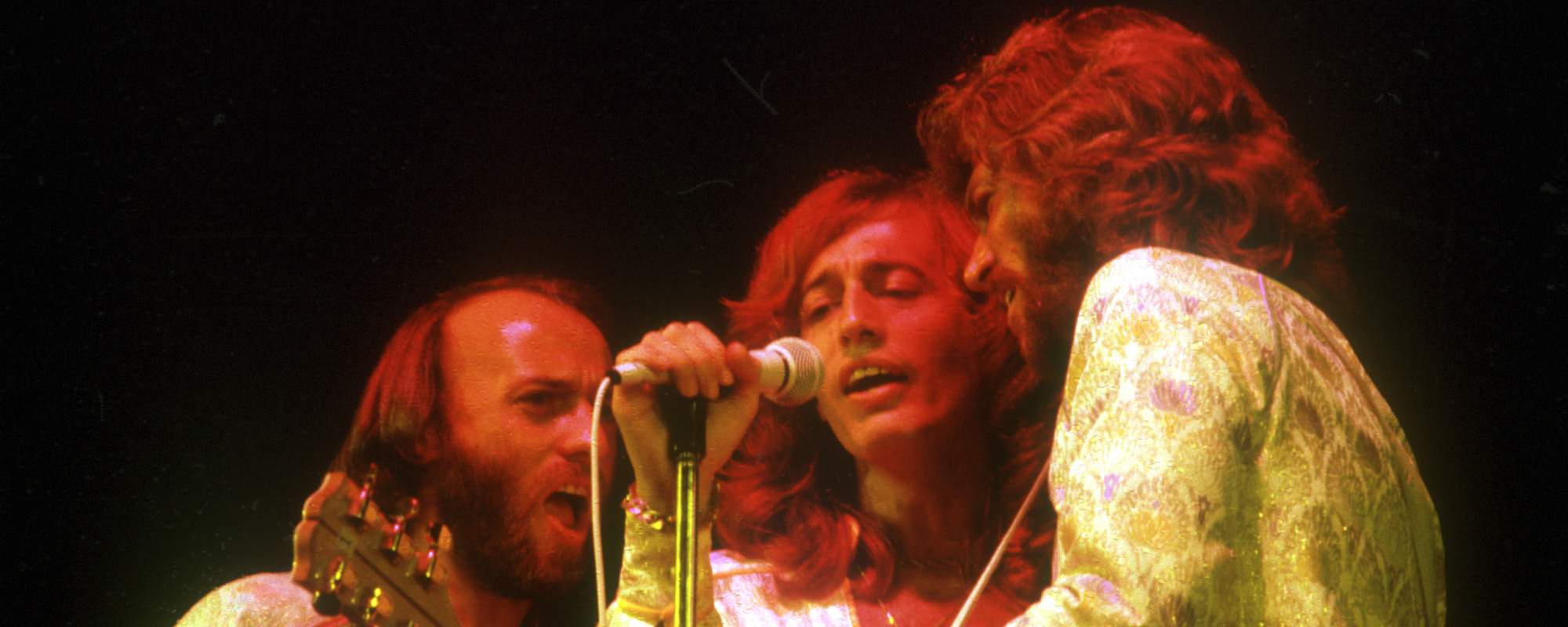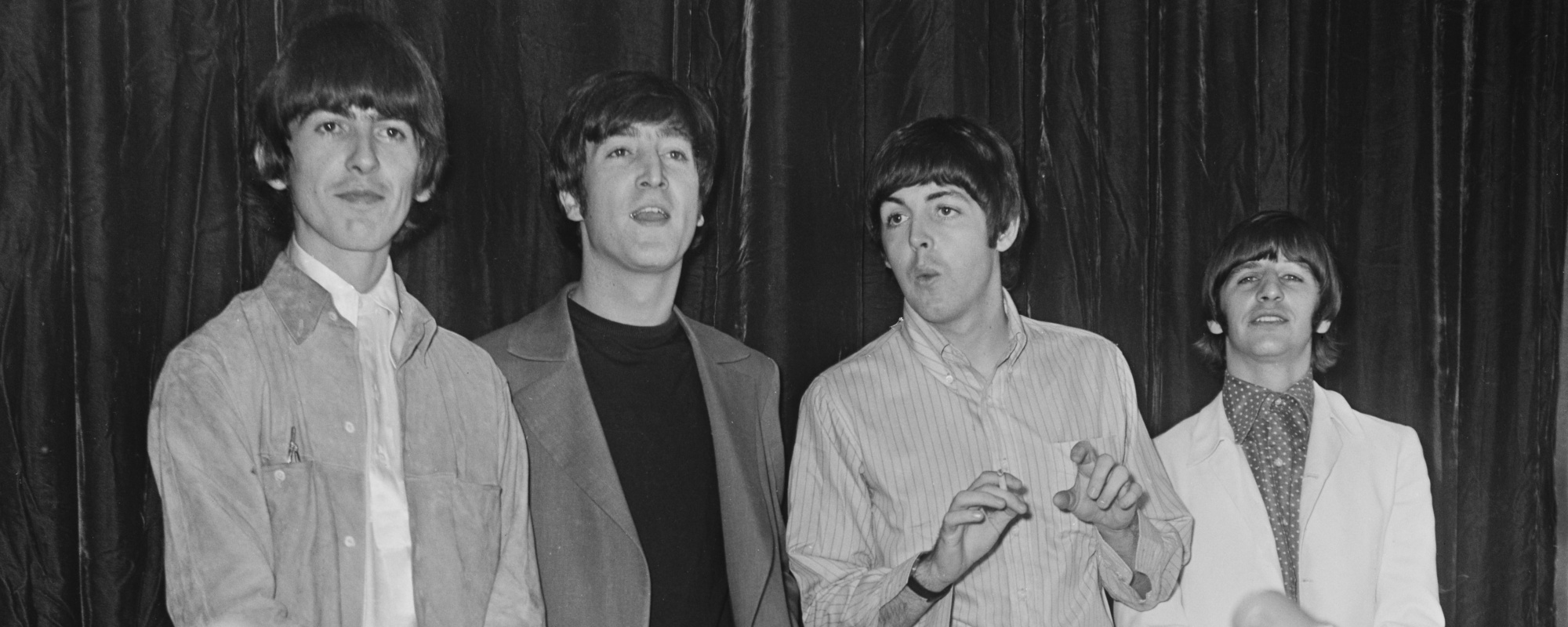Billy Joel delivered hits as consistently as any singer/songwriter/rocker of the ‘70s or ‘80s. He churned out a dozen albums between 1971 and 1993, and you could count on at least a couple singles to break out in a big way from most of those records. As is the case with most hitmakers, some of Joel’s non-singles haven’t received the exposure they deserve, even though many of those tracks are as good or even better than the hits. Let’s take a look at one supremely underrated song from every one of his studio albums that casual fans might have missed.
Videos by American Songwriter
1. ”Why Judy Why” (from Cold Spring Harbor, 1971)
A mastering error marred Joel’s solo debut album, Cold Spring Harbor. Yet the helium-like effect on his vocals actually works for this one. It’s one of the earliest examples of Joel dropping a Beatlesque melody with ease. In that context, the simple lyrics make this sound like it could have been a baroque pop hit in the late ‘60s.
2. “You’re My Home” (from Piano Man, 1973)
Piano Man was Joel’s breakthrough, but the album features a somewhat jarring imbalance in quality between the songs that became popular (the title track, “Captain Jack,” “The Ballad of Billy the Kid”) and the remaining tracks, which found him still finding his artistic footing. “You’re My Home,” however, is a pleasant, country-tinged surprise.
3. “Souvenir” (from Streetlife Serenade, 1974)
Joel hasn’t always been kind on this record in his own retrospective assessments, and it’s true that Streetlife Serenade is a bit disjointed. Still, some of the artistic detours are interesting. And with “Souvenirs,” he delivers a little postage stamp of a song (just two minutes long) that’s a quite lovely musing on the passing of time.
[RELATED: Billy Joel Shares Update on Post-MSG Residency Plans: “I’m Not Leaving [Touring]”]
4. “Summer, Highland Falls” (from Turnstiles, 1976)
Turnstiles found Joel turning a major corner artistically. This whole album is underrated, filled with should-have-been hits. “Summer, Highland Falls” opens the album on a contemplative note, as Joel eloquently opines on how the warring forces inside us often lead to battles with the people we love.
5. “Vienna” (from The Stranger, 1977)
The Stranger made Joel a superstar, and many of the songs quickly became part of the musical landscape. But if you ask him what his favorite track on the record is, he’d probably go with “Vienna,” which finds him passing out insightful advice to a friend who’s moving so fast that she’s missing all the good stuff.
6. “Stiletto” (from 52nd Street, 1978)
This track doesn’t do too much lyrically, as it’s your typical song about an irresistible significant other who’s probably no good for you. But the music sizzles here thanks to a piano hook borrowed from an old Traffic song, which serves as a jumping-off point for some fabulous work on the keys.
7. “Sleeping with the Television On” (from Glass Houses, 1980)
Joel’s embrace of literate New Wave puts this song in the ranks of Elvis Costello or Joe Jackson tracks from that era. The song finds a narrator trying to coax a reticent girl out of her romantic shell. Musically, listen for the synth solo with a Farfisa organ feel that kicks the track into another gear.
8. “Laura” (from The Nylon Curtain, 1982)
A dark song from a dark album, “Laura” is a character sketch of someone who’s bleeding the narrator emotionally dry with her manipulations. The woozy feel of this ballad makes it reminiscent of The Beatles circa ’67, and the bite in Joel’s vocal is as stinging as it gets.
9. “Christie Lee” (from An Innocent Man, 1983)
If there’s a problem with Joel’s homages to ‘50s and ‘60s classics on An Innocent Man, it’s that they’re maybe too manicured and perfect, leaving them a tad bloodless. But “Christie Lee,” where he sounds like an off-the-rails combination of Jerry Lee Lewis and Little Richard, is riotous fun.
10. “Big Man on Mulberry Street” (from The Bridge, 1986)
Fans of the show Moonlighting will remember this song from a memorable episode, as it plays behind a dance number from quarreling co-stars Bruce Willis and Cybill Shepherd. It’s an example of Joel’s ability to imbue any genre (in this case, big band) with his own distinct personality.
11. “Leningrad” (from Storm Front, 1989)
Joel based this song on his historic visit to Russia, where he made a lasting friendship with one of the people he met. The melody borrows from some Russian classical music themes, while the lyrics make a good case why we shouldn’t judge people we haven’t met.
12. “Famous Last Words” (from River of Dreams, 1993)
Joel didn’t announce that River of Dreams would be his last pop/rock-oriented album, but this elegiac closing track should have clued us in. These are the last words I have to say, Joel bellows, as his piano charges alongside him toward new musical frontiers.
Photo by Michael Ochs Archives/Getty Images













Leave a Reply
Only members can comment. Become a member. Already a member? Log in.